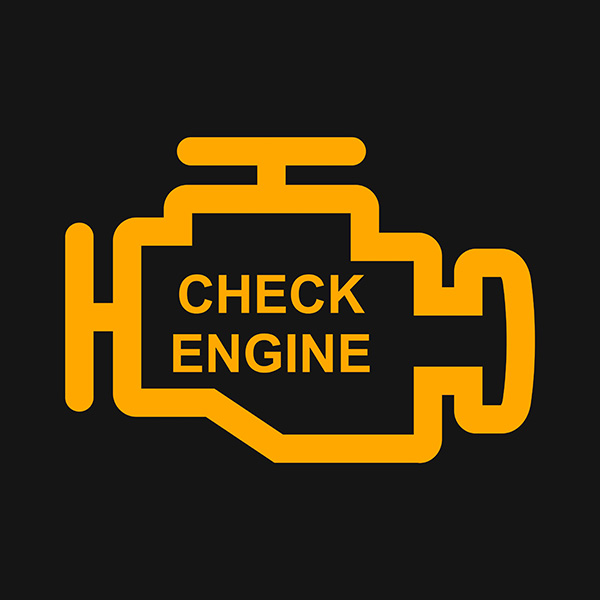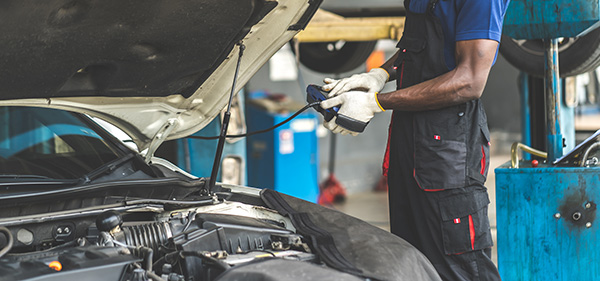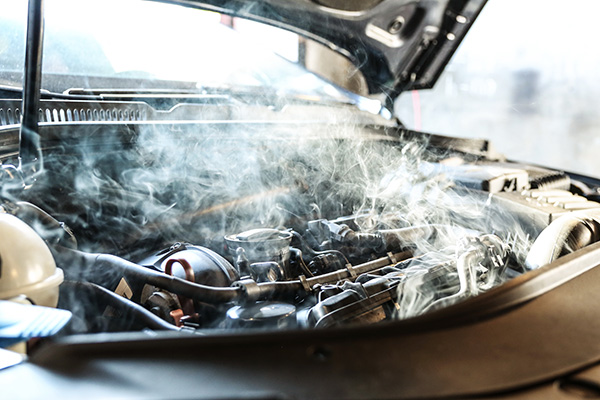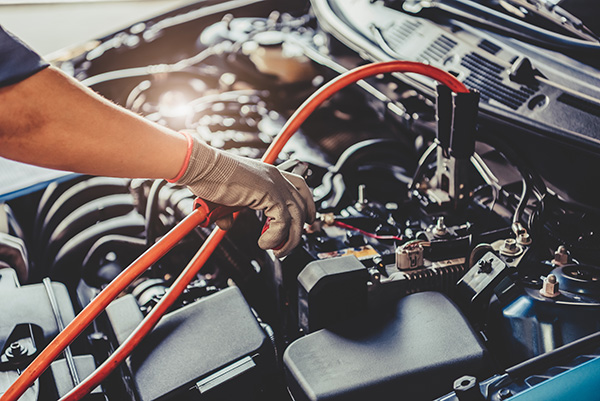Posted on 1/30/2026

A check engine light can come on when the car feels totally normal, which is exactly why people put it off. You run errands, it drives fine, and you tell yourself you’ll deal with it later. The problem is that the light is not a suggestion that something might happen someday. It’s the computer raising its hand because it saw data that didn’t make sense for long enough to save a fault. What The Check Engine Light Is Actually Telling You Your engine computer is always watching sensors and comparing what it sees to what it expects. When a reading is outside the normal range, or a system isn’t responding correctly, it stores a code and turns the light on. That code is a clue about the system and the condition, not a guaranteed bad part. It’s also worth separating a steady light from a flashing light. A steady light can cover a wide range of issues, some minor and some not. A flashing light often points to an active misfire, and that can hea ... read more
Posted on 12/19/2025

Toyota Camrys have a reputation for running seemingly forever. You see them with faded paint, sun-worn interiors, and odometers that have wrapped past 200,000 miles, yet they still start every morning and drive to work without complaint. That kind of life span does not come from luck alone. It is a mix of solid engineering and owners who stay on top of the basics before small problems snowball. Why So Many Camrys Seem To Last Forever The Camry formula leans on simplicity and consistency. The engines are usually naturally aspirated, the transmissions are built with durability in mind, and the car is tuned for comfort rather than maximum performance. That means fewer extreme stresses on internal parts day to day. Toyota also tends to re-use proven designs for many years with gradual improvements instead of chasing wild redesigns. Once a particular engine and transmission combination proves itself, it often stays in production long enough for common issues ... read more
Posted on 11/28/2025

Catching a whiff of something unusual after a drive is never comforting. Some odors fade on their own, others point to a problem that can grow quickly if it is ignored. The key is to match the smell and the situation to a likely system so the right part gets checked first. A careful look now can prevent damaged wiring, cooked gaskets, or a roadside stop you did not plan. Start by Noticing When the Smell Appears Patterns tell the story. Does the odor show up only at idle in traffic, or only after a highway run and a quick stop? Is it strongest outside the vehicle with the hood up, or does it drift through the vents? Make a quick note of temperature, A/C use, and whether the smell changes when the engine is revved in park. These clues guide the inspection and save time. Burning Oil When Leaks Reach Hot Parts A thick, acrid odor that lingers after parking usually means oil is touching a hot surface. Common sources include valve ... read more
Posted on 10/31/2025

Whether you use your Ford F‑150 for work, travel, or weekend projects, keeping it maintained is key to making it last. It might be one of the most reliable trucks on the road, but it still needs regular service to stay that way. Over time, the cost of that maintenance adds up, especially if routine care is skipped and repairs become more serious. The F‑150 is built tough, but that doesn’t mean it’s cheap to maintain. Understanding where those costs come from can help you plan ahead, avoid surprise expenses, and keep your truck in excellent shape for years to come. Routine Services You Should Never Skip Oil changes are one of the most frequent and affordable services your truck needs. Whether you have a 3.5L EcoBoost, a V8, or a PowerStroke diesel, engine protection depends on fresh oil. Ford generally recommends oil changes every 7,500 to 10,000 miles, but many truck owners prefer to do it closer to 5,000 miles, especially with heavy use or t ... read more
Posted on 9/26/2025

A dead car battery can ruin your day, but most drivers assume a quick jump‑start solves the problem. While this works if your battery was accidentally drained, there are times when a failing battery won’t hold a charge, no matter how many times you try. Understanding the difference between a one-time mishap and a deeper issue can save you from being stranded and prevent damage to other electrical components. In this guide, we’ll list the warning signs that your battery is nearing the end of its life and why you shouldn’t ignore them. 1. Frequent Jump‑Starts Don’t Solve the Problem Needing a jump‑start once in a while isn’t unusual if you left your lights on or the weather dipped into extreme cold. But if your vehicle repeatedly needs assistance to start, the battery may no longer hold enough charge to function properly. This can happen when: The battery plates are worn out from age Sulfation builds up on internal components The batt ... read more